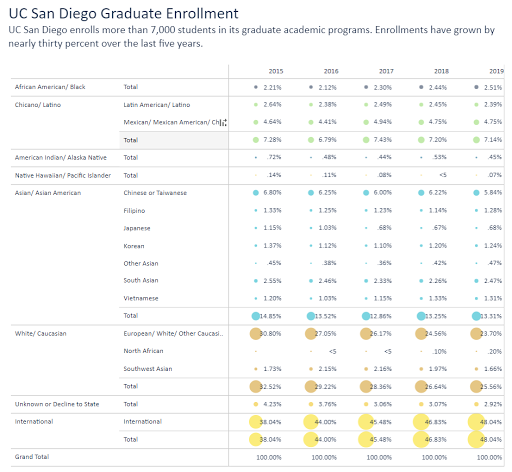Hello Blog,
It’s been a while.
I take breaks from you in order to prioritize fiction, I know; and I should be writing more often. I actually have the rest of my current novel’s plot arc beside me on a small handheld notebook page.
I take breaks from you in order to write things that I sell, yes, but sometimes I want to write for free, for myself. I do plan to detonate this website if I get published for kids, or at least develop some other place the <18s can find and research me.
I take breaks from you from in fear that my students may look me up and judge me for sharing all my Queer Black Geek traumas. I’m a grad student now, a TA. I’ve been trying to figure out if the students who laugh, muted, throughout the class I TA, are acting out of misogynoir contempt.
I’ve also been assuming that nobody reads this blog. Sure, people have reached out through my contact form, but nobody reads my blog.
Anxiety can produce the most contradictory cognitive distortions. I am torn between wanting to vanish a la Thom Yorke and wanting to be truly seen. #aquariusvibe
Well, in any case, I am working on a 6-part blog series about anime & manga: what aspects of it have particular cross-cultural appeal to me as someone underfed by American comics, what aspects of it can be pulled out from the medium to inform other work, and what creators I just goddamn love to pieces. According to My Anime List, I’ve spent about 100 whole days of my life in the medium, so I think I might know a bit, hopefully. I didn’t even log all the manga I read, and that would probably double the amount!
Across these blog posts, I want to touch on some other things I’ve been thinking about: cultural collaborative versus cultural appropriation, lateral violence among BIPOC versus solidarity, whether appropriation is even the right word for pop cultural products, and how the hypervisibility of Blackness effects perceptions of power…
Just to corral all this jargon into a question: how does cultural exchange look for Black American if our culture has been so deeply appropriated and integrated into the mainstream that usage of our culture goes unseen and taken for granted? I still think that if you consume K-pop as a Black person (which I don’t), you are actually participating in a transformed version of Black music. There’s an imbalance in visibility and ownership of the art, which can result in Black cultural products being consumed by all cultures, who then display possessiveness over the cultural products that result.
I know this sounds super theoretical, but I’ve been in situations where other POC have tried to gate-keep me out of my curiosity about their cultures. It’s even been happening in my current classes. Most of all, I have this perennial fear that my Asian friends see my interest in anime/manga as fetishitic or so on.
So, just to be upfront, I believe that oppressions is not a contest, that all cultures can learn from each other, that the ideal relationships have/little no power differential and exploitation, that the postmodern world is eclectic, that American Blackness is necessarily and inherently syncretic, that cross-cultural solidarity and exchange is a must.
(On a related note, I’ve been debating the meaning/usage/connotations of otaku versus weeb, especially given that “weeb” seems to be the currently preferred term but derives from ‘Wapanese” and originally served a similar derisive function to “wigger”.)
(On a tangential note, the area of cross-cultural that most excites me right now is Black/Native. It’s helping me to imagine an America based on something other than genocide and slavery, an America deserving of my whole heart. My courses have had us reading things like The Black Shoals and I have been so hyped!)
In any case, I have to get prepping to TA. As a parting thought, I will share some images on the racial makeup of my graduate school that I’ve been studying to help me determine how its anti-Blackness will manifest in these next three years. The international students are not disaggregated in terms of race—I have data on those figures, but that’s not the point!—the point is that things’ll be a lot more complex than Anxious Black Girl vs the PWI.

